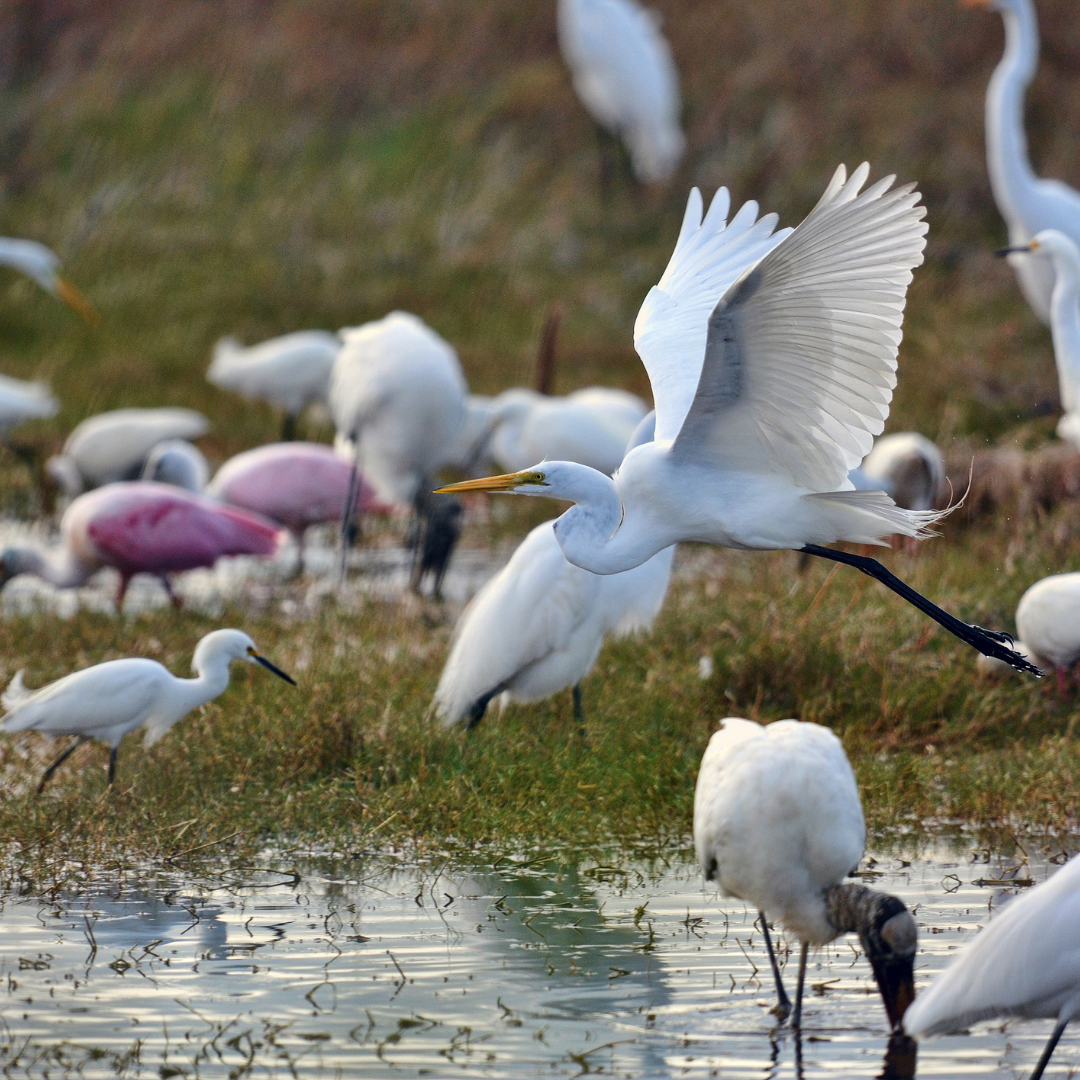THE GREENHOUSE EFFECT & WHAT IT'S ABOUT.
THE GREENHOUSE EFFECT & WHAT IT'S ABOUT.
Our organization has realized, that though climate lingo is popular, very few people have a deep understanding of what the lingo means. We launched a campaign on all our social media platforms to demystify these concepts and the greenhouse effect is one of them. You can find the concepts we've talked about so far here on our Instagram page.
So what exactly is the greenhouse effect? Is it a good or bad thing? How does it affect us directly and should we really pay attention to it? The greenhouse effect can be explained as the process that occurs when gases in earths atmosphere trap the suns heat. Exactly like how an actual greenhouse glass roof works. A greenhouse is a structure made with glass walls and a glass roof. A greenhouse stays warm inside, even during the winter. It maintains an average temperature no matter the season, just like our earth. In the daytime, sunlight shines into the greenhouse and warms the air inside. At nighttime, it's colder outside, but the greenhouse stays pretty warm inside. That's because the glass roof of the greenhouse traps the warmed up 'air(gas)'. Our planet also goes through this process. The sun hits us, and the gases in our atmosphere absorb the heat and trap it. Without this, earths temperatures would be erratic and not as survivable as they are. These gases, that we call 'greenhouse gases' are like a cozy blanket for earth.
Greenhouse gases include, Carbon dioxide, Methane, Nitrous oxide and fluorinated gases. Burning of fossil fuels like coal and oil put more carbon dioxide into our atmosphere. NASA has observed an increase in CO2 and other greenhouse gases in our atmosphere and too much of these gases causes Earths atmosphere to trap more and more heat. Which is like adding another blanket layer on an already warm blanket. When deforestation of places such as mangrove forests and tropical forests like the Amazon happen, they reduce our ability to absorb the excess of these gases and maintain our planets delicate balance. We're cutting down more trees and burning more fossil fuels than we are doing preservation, conservation and reforestation.
The effects of a warmer earth are catastrophic to us and all the biodiversity that calls earth home. The first is the thawing of glacial masses, as glaciers melt, they contribute to rising sea levels, threatening coastal communities and habitats with flooding. Furthermore, as glaciers retreat, they reduce the availability of fresh water for millions of people who depend on glacial meltwater for their daily needs and also animals such as polar bears who depend on glaciers for their food, face extinction through starvation as they are unable to adapt their diets to living on land.
The second and most unexpected is an increase in the intensity of hurricanes, intensification of the greenhouse effect does not cause these extreme climatic events, but it does increase their intensity. Hurricanes formation are connected with sea temperature -they only form over waters that have a temperature of at least 26.51 ºC- In 2022, the Mediterranean in Spain reached 31 degrees Celsius, with 95 % of the days being warmer than usual.
The latest studies in Canada have confirmed that 66% of the migratory birds have arrived before the first one started and flew later than usual; this is due to the increasingly shorter winters. Human beings will also have to move: according to the World Bank, by 2050 the number of people forced to flee their homes due to extreme droughts or violent floods could reach 140 million. Climate refugees are at an all time high this decade than any other time in human history. Our planet is changing right before our eyes and the destruction is not showing any signs of halting or slowing down.
The last I'll speak on is soil. Many soil properties are affected by changes in temperature and rainfall. Projected changes to our climate will therefore affect our soils due to erratic rain patterns, and strong winds blowing away the top soil. High temperature also kills important microscopic life forms that live in soil making it nutrient packed for our vegetation to grow and maintaining its alkaline pH. Degradation of our soils will have environmental impacts on our vegetation and water quality. It will also affect our agricultural production making the number of people affected by hunger and malnutrition even more.
Seeing these few effects, is all lost or we can still do something about it? What are the solutions to this crisis and what can we do on a personal level.
1.Plant more mangroves-Mangrove forests are able to store up to 4* more carbon than tropical forests. They also help break down strong winds that cause hurricanes in coastal regions and help prevent flooding.
2. Advocate for reforestation and against deforestation in your community- On a personal level we can advocate for reforestation, talking to people in our homes and communities on the importance of conserving trees and incorporating agriculture in forests through agroforestry instead of just clearing land for agriculture. We could also keep track of the trees we have planted on a personal level so that we challenge ourselves to do more.
3. Governments need to make public transportation more convenient, efficient and affordable to reduce the use of personal vehicles and also create safe pathways for cyclists. The practice of sharing rides is also a great way to reduce your carbon footprint on a personal level.
4. Living more sustainable lives by opting for more green energy such as solar instead of electricity and practicing ethical consumption.
5. Corporations can also use more biodegradable packaging for fast moving items such as bread and sanitary products. This can be enforced by the implementation of government policies geared towards conservation of the environment.
6. Fund and donate to more nature based climate solutions that organizations such as ours engage in.






Comments
Post a Comment